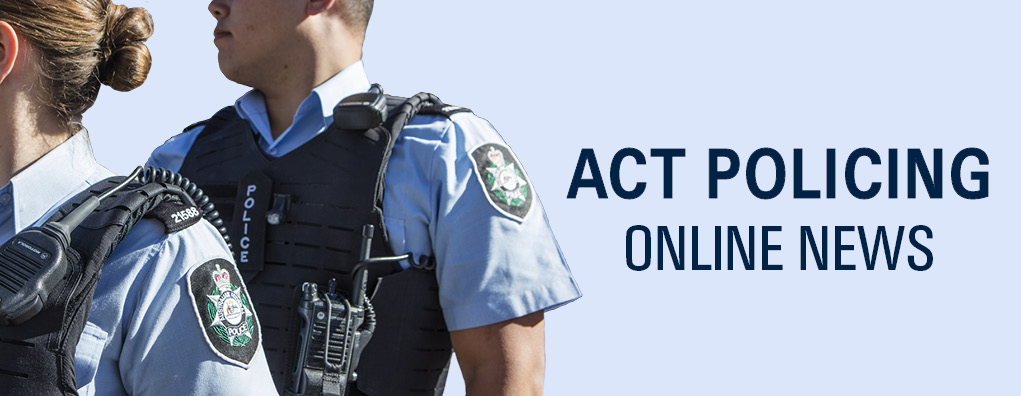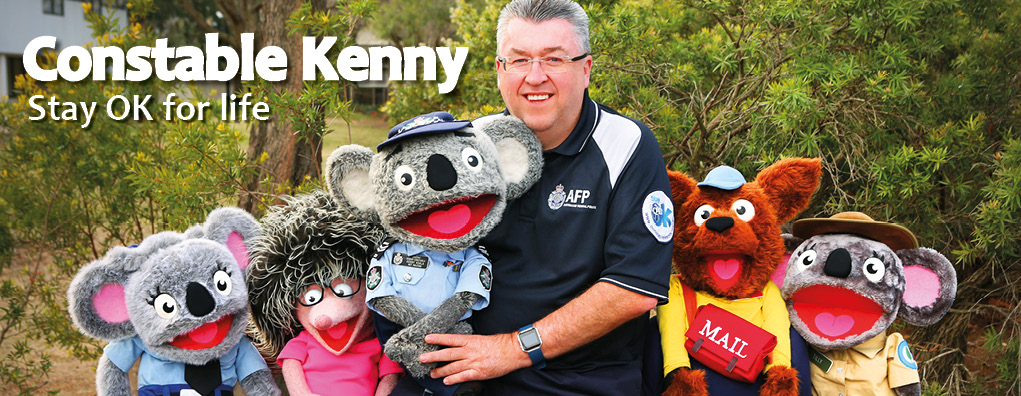Frequently asked questions
What is the definition of immediate supervision?
This information is provided to guide and support authorised instructors in discharging their responsibilities when supervising unlicensed persons possessing and using firearms at approved shooting ranges.
Under the Firearms Act 1996, section 14(2), a person who does not have a firearms licence may use a firearm on a shooting range to receive instruction in the use of a firearm. The person must be under the immediate supervision of an authorised instructor.
Authorised instructors are responsible to ensure that unlicensed shooters possess and use firearms responsibly and consistent with the need to ensure public safety.
An unlicensed person undertaking initial live-fire sequences must be supervised by an authorised instructor on a ratio of one unlicensed person to one authorised instructor. The authorised instructor must be within physical reach to render immediate assistance to the unlicensed person during the initial live-fire sequences.
An unlicensed shooter may not be immediately competent following initial live-fire sequences. An authorised instructor may determine that an unlicensed person requires one to one supervision for several live-fire sequences before being considered suitable to move from one-on-one direct supervision to direct supervision involving multiple shooters.
Instructors must exercise careful judgment when making a decision to move from one-on-one direct supervision to direct supervision involving multiple shooters.
When directly supervising multiple shooters an authorised instructor must ensure that unlicensed people are at all times within their direct line of sight. The authorised instructor must not leave the firing line while any unlicensed person has access to a firearm.
Is there any legal way of keeping my grandfather's shotgun which is of enormous sentimental value?
Yes, as long as you can establish that it is an heirloom and you are prepared to have the firearm rendered permanently inoperable at your expense.
How many firearms can I own?
Category B and H firearms. The registrar must be satisfied on reasonable grounds that the acquirer has a good reason for acquiring the firearm. However, restrictions may also be place on the number of category A firearms that are owned. Registrar’s discretion.
Category C licence holders are authorised to possess or use no more than one registered rifle and one registered shotgun to which the licence applies.
Can I use a firearm for a different purpose than the genuine reason stated when I applied for my licence?
No. A firearm may only be used for the genuine reasons for which you are licensed to use that firearm.
Some genuine reasons also restrict your use of the firearm to a sole reason.
A person must provide evidence in support of each genuine reason at the time of application.
Can I have any spare barrels?
All spare barrels require registration.
You can possess spare barrels however, possession of spare barrels without the authority of a licence or permit for an associated firearm, or for those barrels, is prohibited.
Are there any restrictions on the possession of ammunition?
Yes. You can only possess ammunition of a kind that is capable of being discharged from a firearm registered or endorsed on a licence held by you.
You can buy ammunition if you are the holder of a licence or permit for a firearm which takes that ammunition, or if you are authorised by the firearms registrar in writing.
Collectors may not possess ammunition for collection firearms unless authorised by the registrar.
How do I buy or sell my firearm?
You cannot buy or sell a firearm, or advertise the sale of the firearm unless the proposed sale is arranged through a licensed firearms dealer, or a club armourer. (A club armourer can only do transaction between club members only).
Can I obtain a licence for less than two years?
Yes. You may apply to the firearms registrar for a licence for a period of less than two years.
My father recently passed away. Can I have his competition firearms added to my firearms licence?
Yes, but only if you can provide a genuine reason for taking possession of the deceased estate firearms. Keep in mind that for category B, C and H firearms you must satisfy the firearms registrar that a special need exists, as well as meeting other stringent requirements for category C.
What are the requirements for purchasing a firearm?
- You must be in possession of a valid ACT firearms licence for the type of firearm you propose to purchase.
- You must obtain from the Firearms Registry a 'permit to acquire' providing the name of the dealer/armourer who will be handling the transaction and details of the firearm you wish to purchase.
- You must have a permit for each firearm that is to be purchased.
- The firearms registrar will issue the 'permit to acquire a firearm' 28 days after application, provided you have a genuine reason for possession and meet the ‘good reasons’ conditions for categories A, B, C and H firearms licences.
- You have 30 days after the issue of your 'permit to acquire a firearm' in which to make your purchase.
- You may only arrange your purchase through a licensed firearms dealer or club armourer.
- You are required to notify the Firearms Registry of your purchase (register the firearm) within seven days of the purchase sale, returning your 'permit to acquire'.
Are gel blasters or air-soft guns legal in the ACT?
No. Gel blasters and air-soft guns are illegal in the ACT.
Any person found in possession of a gel blaster may be charged under Section 42 (unauthorised possession/use of prohibited firearms) or Section 43 (unauthorised possession/use of firearms other than prohibited) of the Firearms Act 1996. These are serious offences, carrying a penalty of up to 10 years imprisonment. It is also an offence to sell gel blasters in the ACT under Section 185 of the Firearms Act 1996 (firearms dealers to be licensed).
People in possession of a gel blaster should surrender it to the ACT Policing Exhibit Management Centre – 86 Vicars St Mitchell, ACT.
Gel-blasters are classified as prohibited firearms in the ACT as they mechanically function as air guns, and as they closely resemble other military-style firearms. While these items may be legal in some Australian states and available from internet sellers, they are classed as illegal firearms in the ACT.






